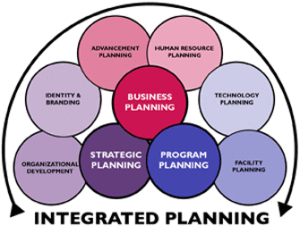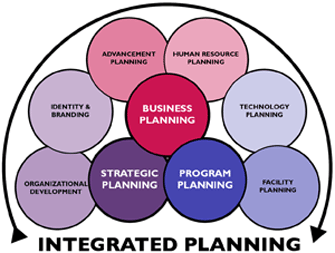Basic Tax Tips for New Businesses

If you start a business, one key to success is to know about your federal tax obligations. Not only will you probably need to know about income taxes, you may also need to know about payroll taxes as well. Here are five basic tax tips that can help get your business off to a good start.
- Business Structure.As you start out, you’ll need to choose the structure of your business. Some common types include sole proprietorship, partnership and corporation. You may also choose to be an S corporation or Limited Liability Company. You’ll report your business activity using the IRS forms which are right for your business type.
- Business Taxes. There are four general types of business taxes. They are income tax, self-employment tax, employment tax and excise tax. The type of taxes your business pays usually depends on which type of business you choose to set up. You may need to pay your taxes by making estimated tax payments.
- Employer Identification Number. You may need to get an EIN for federal tax purposes. Give us a call to find out if you need this number. If you do need one, we are available to guide you through the process of applying for it online.
- Accounting Method. An accounting method is a set of rules that determine when to report income and expenses. Your business must use a consistent method. The two that are most common are the cash method and the accrual method. Under the cash method, you normally report income in the year that you receive it and deduct expenses in the year that you pay them. Under the accrual method, you generally report income in the year that you earn it and deduct expenses in the year that you incur them. This is true even if you receive the income or pay the expenses in a future year.
- Employee Health Care.The Small Business Health Care Tax Credit helps small businesses and tax-exempt organizations pay for health care coverage they offer their employees. A small employer is eligible for the credit if it has fewer than 25 employees who work full-time, or a combination of full-time and part-time. Beginning in 2014, the maximum credit is 50 percent of premiums paid for small business employers and 35 percent of premiums paid for small tax-exempt employers, such as charities.
For 2015 and after, employers employing at least a certain number of employees (generally 50 full-time employees or a combination of full-time and part-time employees that is equivalent to 50 full-time employees) will be subject to the Employer Shared Responsibility provision.
Have a business idea? Call us first. We’ll make sure you have everything in place to make your new business a successful one.
Website www.HubCFO.com
Blog www.Blog.HubCFO.com
Twitter https://twitter.com/HubCFO_LLC
LinkedIn https://www.linkedin.com/company/hubcfo
Facebook https://www.facebook.com/Hub-CFO
Google+ https://plus.google.com/+Hubcfo

